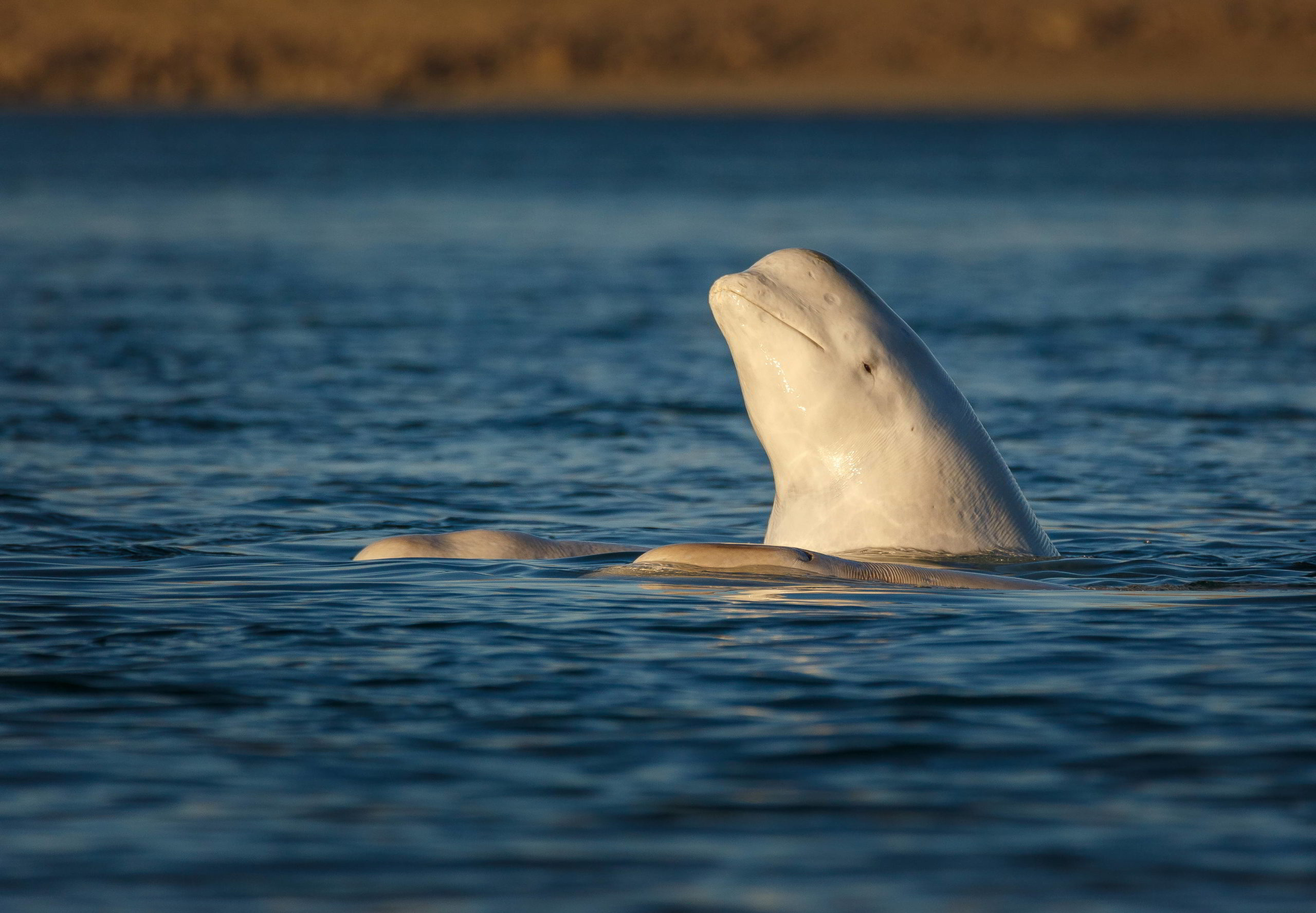What WWF-Canada is Doing
Since 2011, WWF has been working to support quiet oceans for marine species on the Pacific coast, including the endangered killer whales. WWF has been working with governments, industry and other stakeholders to find solutions to underwater noise pollution. We continue to work on industry efforts, such as the Port of Vancouver’s ECHO program and Green Marine in order to find ways to cut underwater noise pollution. We are advocating for a strong national plan to manage underwater pollution that includes regional noise reduction targets and thresholds to protect key habitats and species and effectively manage noise generating activities.
In 2018, WWF and its conservation partners petitioned the federal government to enact an emergency order under the Species At Risk Act (SARA) to provide immediate protections for southern resident killer whales. WWF and its partners subsequently pursued legal action after deeming the response inadequate. Since 2019, the federal government has brought into place seasonal measures that restrict Chinook fishing and closing areas for foraging Southern Resident killer whales. The government has also enacted measures to reduce disturbance from small boats.
Through the ECHO program, the shipping industry has also undertaken efforts to reduce noise in feeding areas by reducing the speed at which ships are traveling. These measures, alongside those enacted by the government, are encouraging, but the population of southern residents continues to decline. Securing the survival of southern residents requires long term sustained efforts and actions to significantly and quantifiably reduce all threats on this population. Time is running out.
WWF-Canada and its partners will continue to push for both short and long-term solutions to reduce threats to Southern Resident killer whales.









